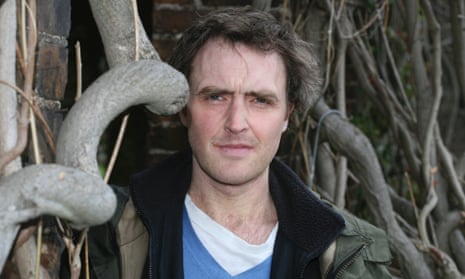Reports that the literary novel might be dead, or at least in steady decline, are wide of the mark, the judging chairman of the Folio prize has said as he announced a shortlist of eight writers for the award, including Ali Smith and Colm Tóibín.
William Fiennes said on Monday he had been struck by how many novelists were “reaching out for new ways of telling stories” and experimenting with form – evidence surely that the novel was “flourishing with life”.
Five women and three men from the UK, Ireland, US, Canada, Kenya and India were named on the shortlist of a literary prize now in its second year.
The prize was created as a reaction to perceived weaknesses of the Man Booker prize and gathered steam in the aftermath of the much-criticised shortlist of 2011, which contained six books that all, as one judge said, “zipped along”.
The Folio prize aims to recognise the best English-language fiction – regardless of form, genre and geography, and was won in its first year by the American short-story writer George Saunders.
All eight books this year can safely be described as novels, with Smith’s How to Be Both becoming a book award regular. It was runner-up in the Booker prize and won the Costa novel award and the Goldsmiths prize.
It will compete with Tóibín’s Nora Webster, set in 1960s Ireland; Ben Lerner’s 10:04; Miriam Toews’ All My Puny Sorrows; Yvonne Adhiambo Owuor’s debut novel Dust; Akhil Sharma’s Family Life; Rachel Cusk’s Outline; and Jenny Offill’s Dept. of Speculation.
The judges read 80 books over five months and Fiennes admitted expecting to find themes of content – war in the Middle East, perhaps, or the aftermath of the financial crash – but instead he found trends in form, with novels seeking “new ways of telling stories”.
The novels all have universal themes, he said, exploring big subjects such as war, grief, family life, love and the mystery of art.
“It is easy to say something new, it is easy to say something true. These books all say something true about human experience in a way that feels like something new,” he said.
“There’s dazzle and wildness and experiment hand in hand with a deep core commitment to human struggles and fervours and longings.”
They were “intellectually heavyweight books without being heavy”, he added. “These books are a delight to read but they are really intellectually engaging and challenging.”
Unusually, the Folio prize has decided to be transparent and name all the books it considers, which means we know that big names such as Martin Amis, Sarah Waters, Peter Carey and Booker-winner Richard Flanagan all failed to make the shortlist. As did Will Self, who last year sparked debate about the state of the novel when he gave a lecture in which he lamented that difficult literary fiction was an art form dying before our eyes.
The shortlist will be particularly pleasing for the publishers Faber and Granta, both of which have three writers represented.
Fiennes said it was a diverse list, but not deliberately so, chosen after seven hours of judging sessions that included the writers AM Homes and Mohsin Hamid skyping from New York and Lahore respectively. The other judges are Rachel Cooke and Deborah Levy.
All eight books are now in contention for the £40,000 prize to be awarded in central London on 23 March.

Comments (…)
Sign in or create your Guardian account to join the discussion